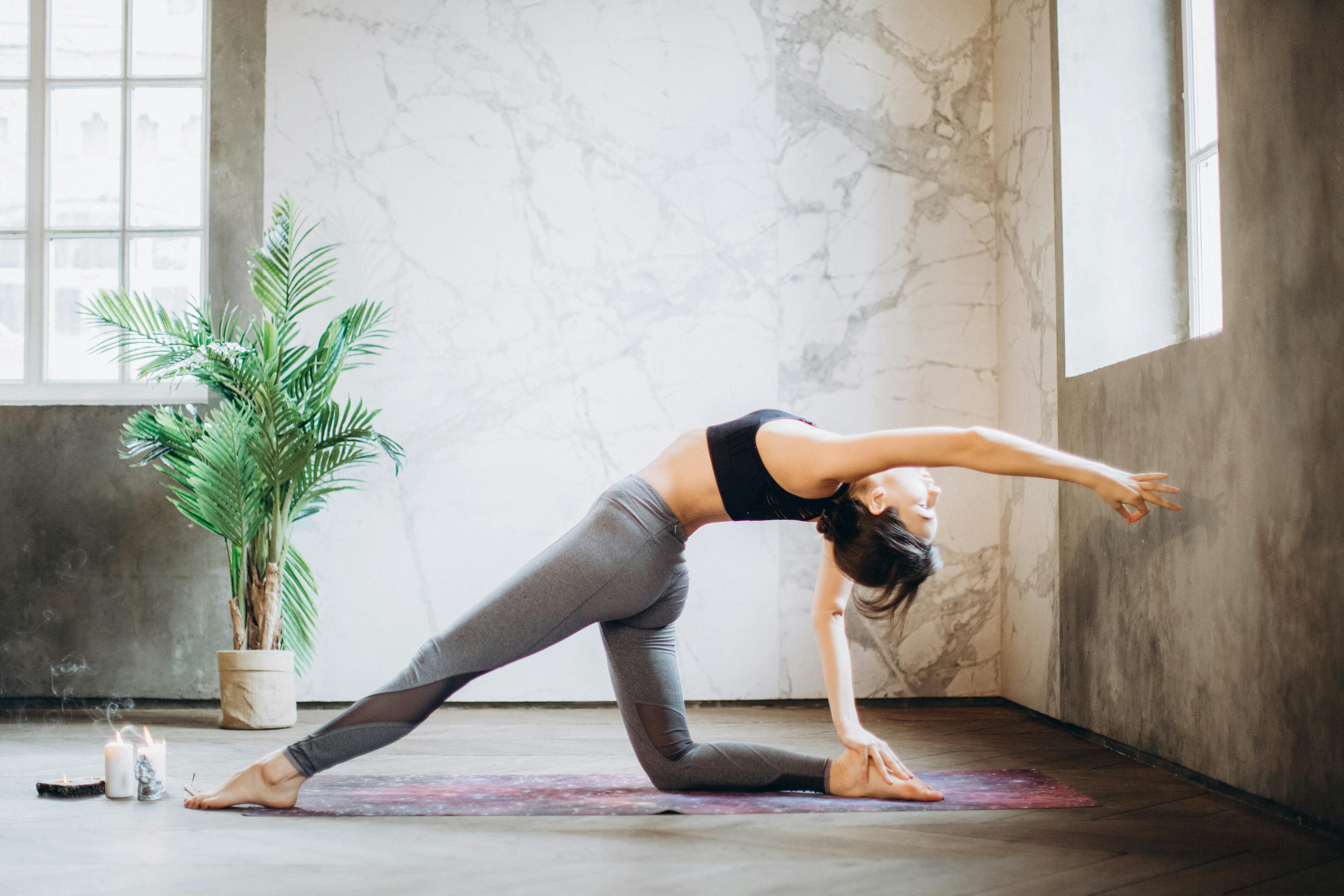What Should Be the Ideal Duration for Workouts?
The subject of how long a workout should last is frequently asked. While the length of a workout can vary depending on personal preferences, fitness levels, and goals, striking the correct balance is essential to getting the best benefits without running the risk of injury or fatigue. We'll go through some things to think about to help you decide how long your workouts should last.
Individual Goals
Your fitness objectives should be the primary factor taken into account when deciding how long to work out. Your goals will determine the kind and length of your workouts, whether they are to lose weight, gain muscle, enhance cardiovascular health, or increase your general well-being. It would take different lengths of time to achieve different goals.
Workout Intensity
A major factor in determining the length of your workouts is their intensity. Interval training, or HIIT, is a type of high-intensity training that is renowned for being shorter in length but incredibly powerful. Conversely, lengthier sessions may be necessary for lower-intensity exercises like yoga or steady-state cardio to produce desired results.
Fitness Levels
One important consideration is your level of fitness right now. It is advised for beginners to start with shorter workouts and gradually increase the duration, as they may require more time to adjust to exercise regimens. Conversely, experienced athletes or consistent exercisers could gain from longer, more strenuous workouts to keep pushing their bodies and advancing toward their objectives.
Time Availability
Everyone has to deal with realistic time limits. It's important to determine how much time you can commit to working out daily. Some people may find that shorter, more regular workouts are more doable, while others might prefer lengthier sessions a couple of times a week.
Exercise Type
The ideal workout duration is also influenced by the kind of exercise you perform. A thorough strength training program, for example, can take longer than a brief but vigorous cardio workout. A comprehensive fitness regimen could incorporate a range of cardio, strength, flexibility, and rest days.
Listen to Your Body
It's critical to pay heed to your body's cues. Your workout duration or intensity may need to be adjusted if you're feeling worn out, in pain, or finding it difficult to maintain perfect form. Striking the correct balance is essential since overtraining can result in burnout and an increased risk of injuries.
Rest and Recuperation
Getting enough rest and recuperation is just as crucial as working out. Pushing your body too hard too soon without adequate healing time can hinder progress and increase the risk of overuse injuries. Think about adding rest days to your weekly schedule and changing up the length and intensity of your workouts.
Getting enough rest and recuperation is just as crucial as working out. Pushing your body too hard too soon without adequate healing time can hinder progress and increase the risk of overuse injuries. Think about adding rest days to your weekly schedule and changing up the length and intensity of your workouts.








